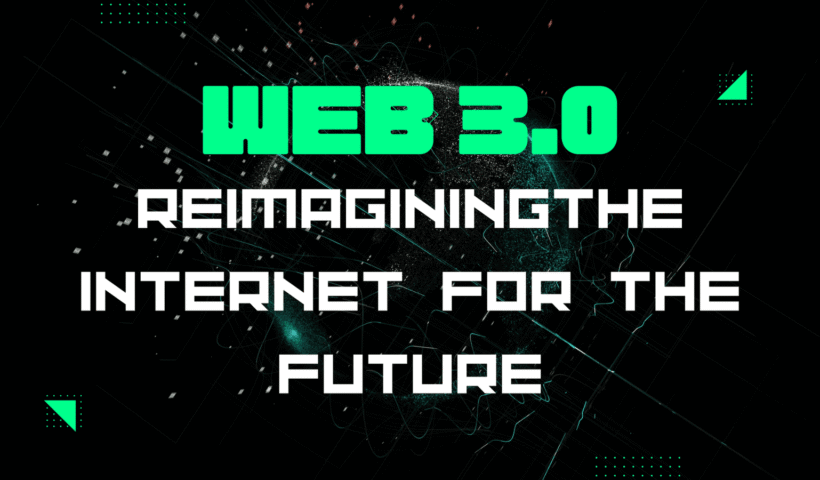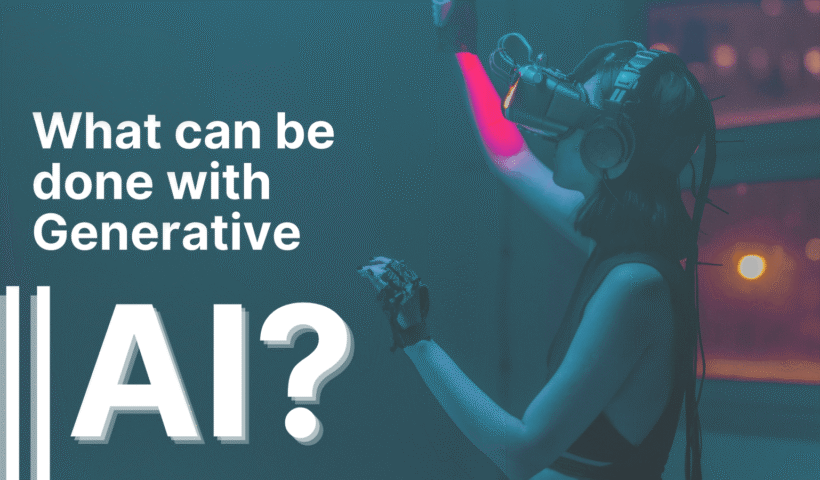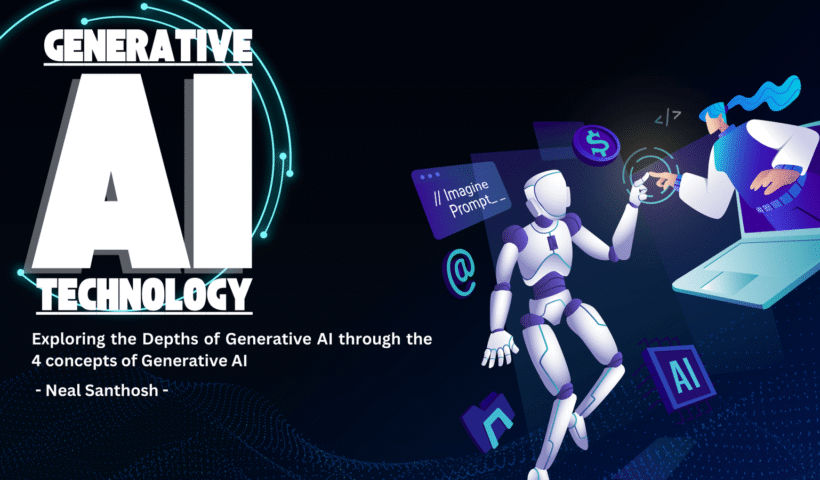Introduction The Evolution of the Web What Is Web 3.0? Real-World Uses of Web3 Why Web3 Matters Challenges and Considerations A Human-Centered Future Introduction The…
View More Web3: Reimagining the Internet for the FutureCategory: Technology
Open Source Software: Empowering Innovation and Collaboration
Introduction In the digital age, software is the backbone of everything we do—whether it’s browsing the internet, managing finances, or creating art. But behind many…
View More Open Source Software: Empowering Innovation and CollaborationArtificial Intelligence and Its 4 Impact on Our Lives That you should know!
Introduction Artificial intelligence is a milestone in human history that shows how advanced our thoughts and ideas have become. From simple machines that ease our…
View More Artificial Intelligence and Its 4 Impact on Our Lives That you should know!4 Know-Hows of Generative AI
Generative AI is transforming the digital landscape by mimicking human creativity. It can generate text, images, music, and videos, revolutionizing content creation. Explore the three types of generative AI models and their applications in domains like essay writing and image creation. Discover the future of generative AI, with improved realism, interactivity, and integration with other technologies.
View More 4 Know-Hows of Generative AI




